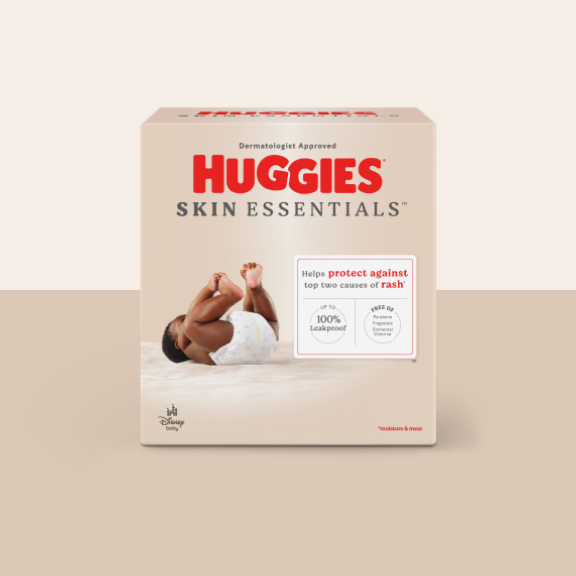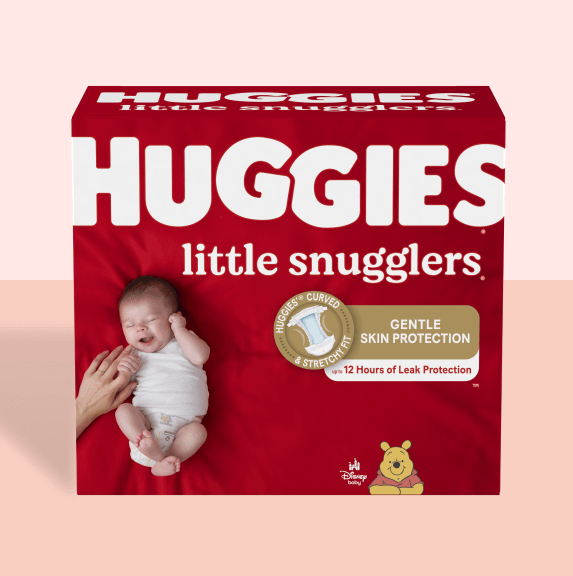You at 2 months pregnant
- Nausea (also called morning sickness even though it can strike at any time of day or night)
- Sensitive or tender breasts
- Darkened nipples
- An increased urge to urinate
- Feeling more sleepy than normal
- Moodiness
- Queasiness from certain smells
Your baby at 2 months pregnant
It's still tiny, but your baby's heart, brain, spinal cord, muscles, and bones are beginning to develop. The umbilical cord, which connects your baby to your blood supply, also forms this month.
By the end of your second month, your baby will be looking more like a human. Its eyelids and ears are forming, and you can see the tip of its nose. Its little arms, legs, fingers, and toes will also be well formed at eight weeks.
Your baby now measures almost 1 inch in size, about the same as a raspberry.
Things to think about
Remember to keep up your healthy daily pregnancy habits, eat a nutritious pregnancy diet and take your pregnancy supplements. If you haven't already now is a good time to kick any of your not-so-healthy habits. If you are a smoker or enjoy the occasional cocktail, do your best to break these habits for the next seven months. Your little one will thank you.
To help keep your morning sickness at bay, don’t let your stomach run on empty. Always keep healthy snacks nearby and try to graze throughout the day instead of relying on three bigger meals. Hard cheese and crackers is a great protein filled snack.
Another thing to be conscious of is your undergarments. Always wear a supportive bra. Supporting your breasts well throughout your pregnancy will help with your comfort levels and prevent some sagging.
Don’t be afraid to exercise during your baby's big growth spurt, either. Keeping up regular, low impact exercise throughout your pregnancy is great for your physical and mental health.
From conception to birth, track your pregnancy week by week with Huggies.
The information of this article has been reviewed by nursing experts of the Association of Women’s Health, Obstetric, & Neonatal Nurses (AWHONN). The content should not substitute medical advice from your personal healthcare provider. Please consult your healthcare provider for recommendations/diagnosis or treatment. For more advice from AWHONN nurses, visit Healthy Mom&Baby at health4mom.org.










